|
By Christine Murray, See the Triumph Co-Founder
All this month, we’re focusing on how colleges and universities can become non-stigmatizing environments for survivors of intimate partner violence and other forms of abuse. Recently, there has been a lot of media attention to the issue of sexual assault on college campuses, especially how victims are often blamed and face significant barriers when they come forward to report their abuse. These news stories call attention to the significant stigma that often surrounds abuse and assault on many college campuses, and this stigma is one of the main reasons we are focusing on this topic this month. However, there’s another important reason why we are so concerned about the climate on college campuses for survivors of abuse, and it stems from the findings of our research with survivors of past abusive relationships. One of the issues we’ve focused on learning about in our research is how people overcome past experiences of abuse and move forward into peaceful, nonviolent lives and relationships. A theme we heard from so many participants in our research was that attending and completing college was a major stepping stone for their own process of overcoming the past abuse in their lives. Of course, we don’t want to convey that college or university studies are the only way people can overcome past abuse. Many survivors had already completed their highest levels of education before they experienced abuse. Still others find other paths to overcoming past abuse, such as by pursuing other career paths, finding support from other people in their lives, or seeking counseling--and any particular path may be the right direction for each person. College may or may not be a part of that equation. However, there are many reasons why college and university studies can play an important role in helping survivors overcome past abuse, and many of these reasons are illustrated by quotes from participants on our research. First, a college education can provide survivors with tools and qualifications that help them achieve financial independence and career success. For example, consider the following quotes from participants in our research:
Third, many survivors in our research noted that attending college was one part of their overall journeys to overcoming their past abuse. Examples of statements reflecting this theme are as follows:
Ultimately, there are so many possible benefits that survivors can achieve by furthering their education as part of their process of overcoming past abuse. Because of this, we believe that colleges and universities have a valuable and unique opportunity to help support survivors in achieving financial independence, career success, enhanced self-awareness, and greater knowledge about common dynamics involved in both healthy and unsafe relationships. Colleges can choose to intentionally embrace these opportunities and help foster supportive environments for survivors. In so doing, they can both serve their educational missions and help survivors and others who’ve faced traumatic events to take meaningful, life-changing steps toward safety and empowerment. 8/5/2014 Thank You For Sharing Your Stories: A Note To Those Who Have Participated In Our Research StudiesBy Christine Murray and Allison Crowe, See the Triumph Co-Founders
As we’ve been working on this month’s theme of “Every Survivor Has a Story,” we’ve been going back through the stories of the survivors who participated in our research, including our original research studies and the current study we’re conducting now. It’s been a powerful reminder of how so many survivors have entrusted us with their deeply personal stories of experiencing and overcoming abuse. Between all of our studies, we've heard from hundreds of survivors by now, and we are thankful for each and every one of you. As researchers, it’s not often that we pause to express deep gratitude to participants in our studies. However, we want to take time to do that today, to let anyone who has participated in one of our interviews and/or surveys just how much we appreciate the time and insights you shared with us. Nearly all of our research has been collected anonymously, and this was done to protect participants’ confidentiality and to ensure that people can feel free to share openly without needing to disclose their identities. This is important to the methodology of our research, but it does mean that we aren’t able to reach out individually to participants to thank them for being part of our research. So, we hope by expressing our gratitude here, we will reach at least some of the many people who have so graciously shared their stories with us. And so, to those who have shared your stories with us through our research, we want to say thank you:
It is truly such an honor for you to have shared your stories with us. We hope that our efforts through See the Triumph play some part in harnessing the power of your stories for creating the social change needed to end abuse and the stigma surrounding it, as well as supporting other survivors. Please know that, by sharing your stories with us, you have certainly inspired us, and we know that you are inspiring others as well. With sincerest thanks, Christine & Allison PS--Please remember that study participants’ anonymity and confidentiality are still important to us, and we ask anyone who may have participated in our research to not publicly identify themselves as such here on our blog or through our social media channels. |
Archives
July 2024
CategoriesAll About Intimate Partner Violence About Intimate Partner Violence Advocacy Ambassadors Children Churches College Campuses Cultural Issues Domestic Violence Awareness Month Financial Recovery How To Help A Friend Human Rights Human-rights Immigrants International Media Overcoming Past Abuse Overcoming-past-abuse Parenting Prevention Resources For Survivors Safe Relationships Following Abuse Schools Selfcare Self-care Sexual Assault Sexuality Social Justice Social-justice Stigma Supporting Survivors Survivor Quotes Survivor-quotes Survivor Stories Teen Dating Violence Trafficking Transformative-approaches |
Search by typing & pressing enter


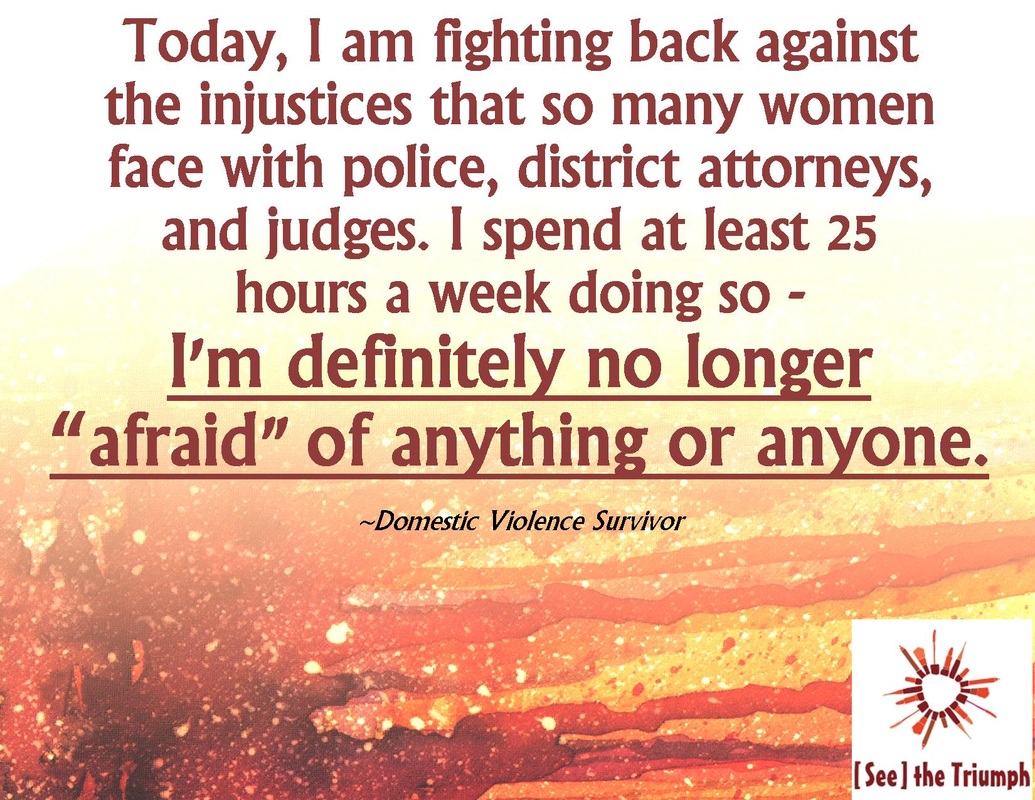
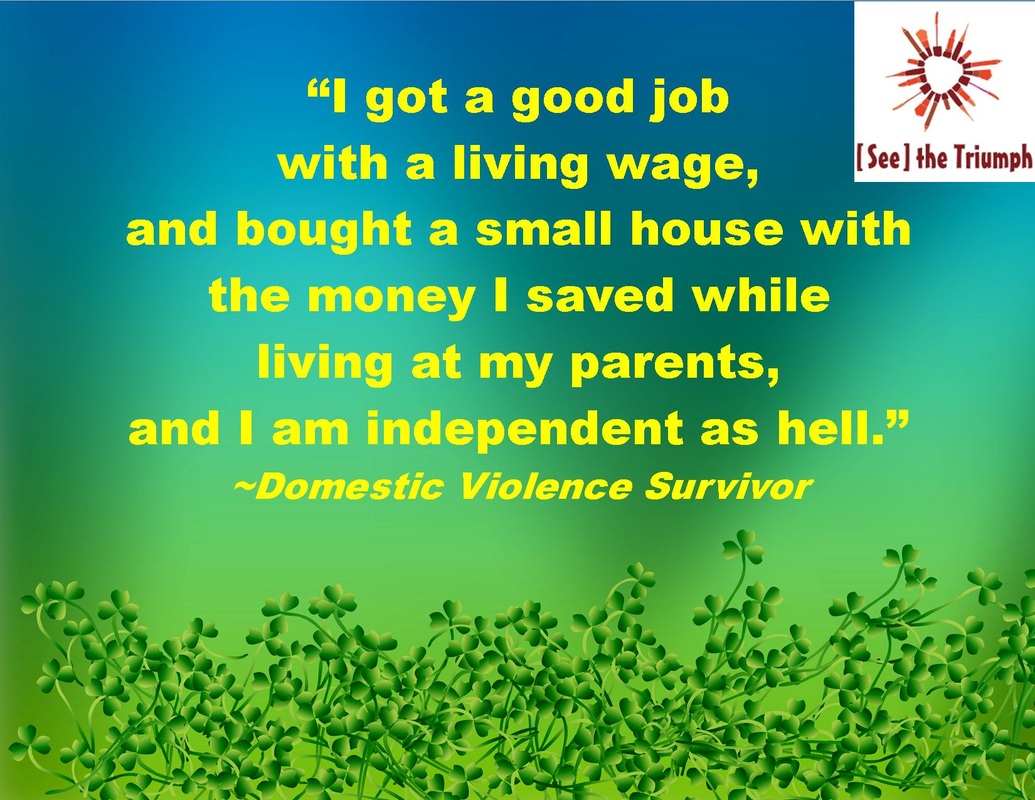

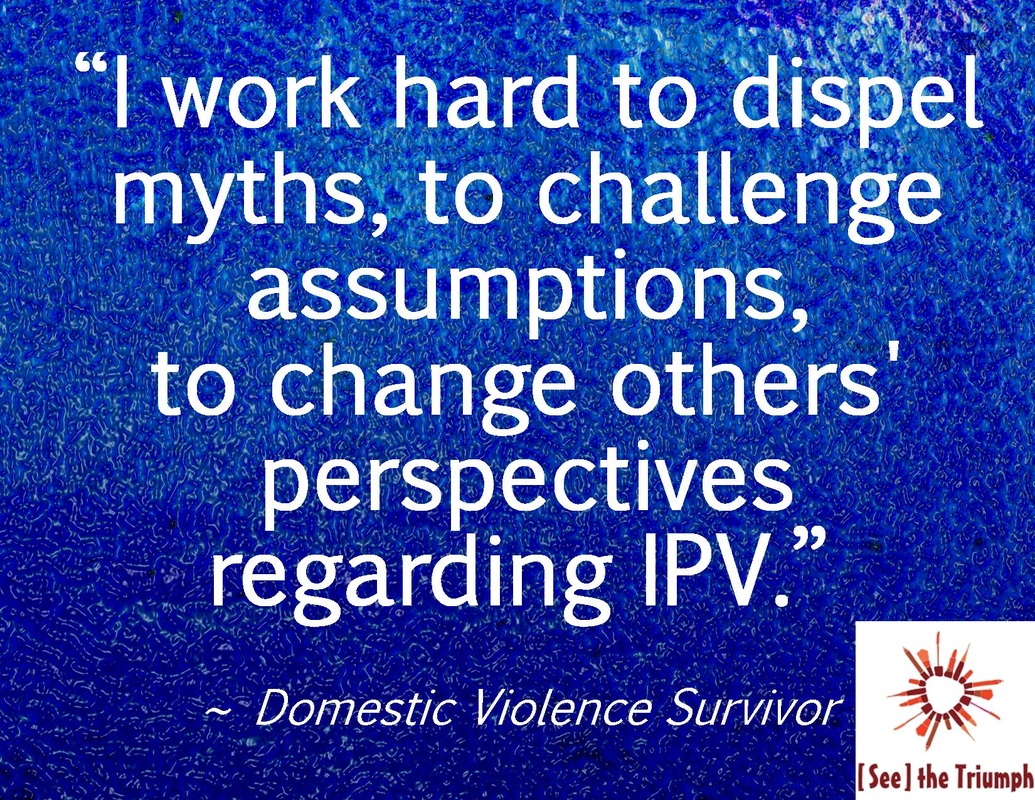
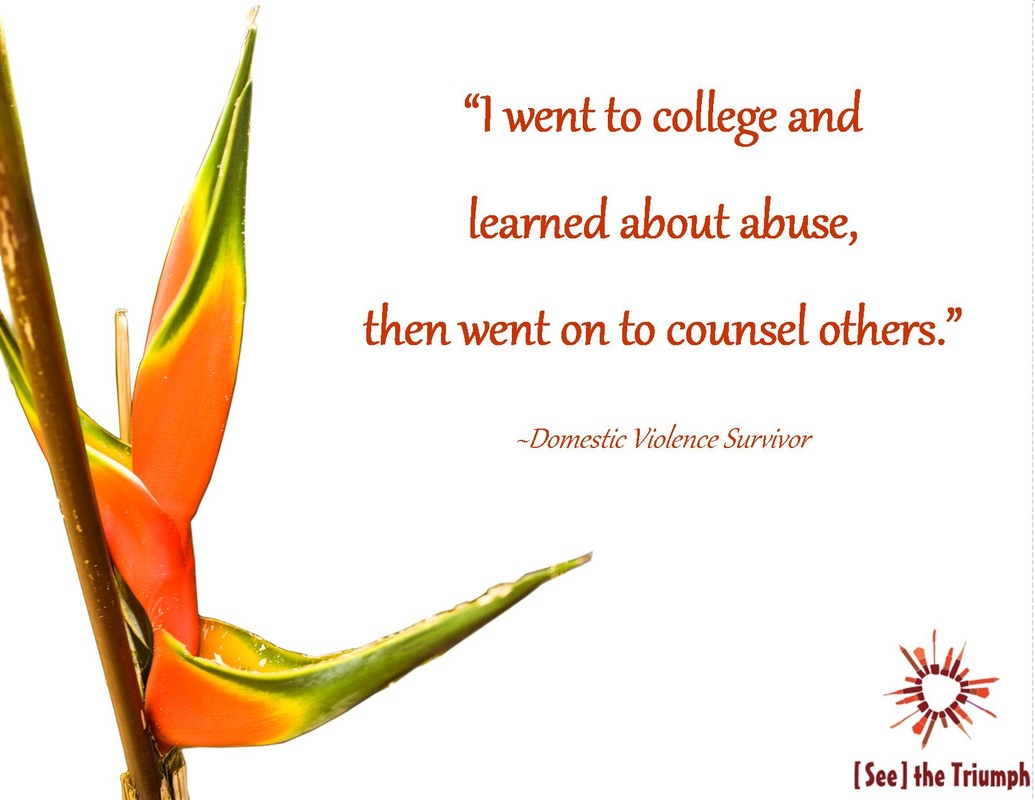

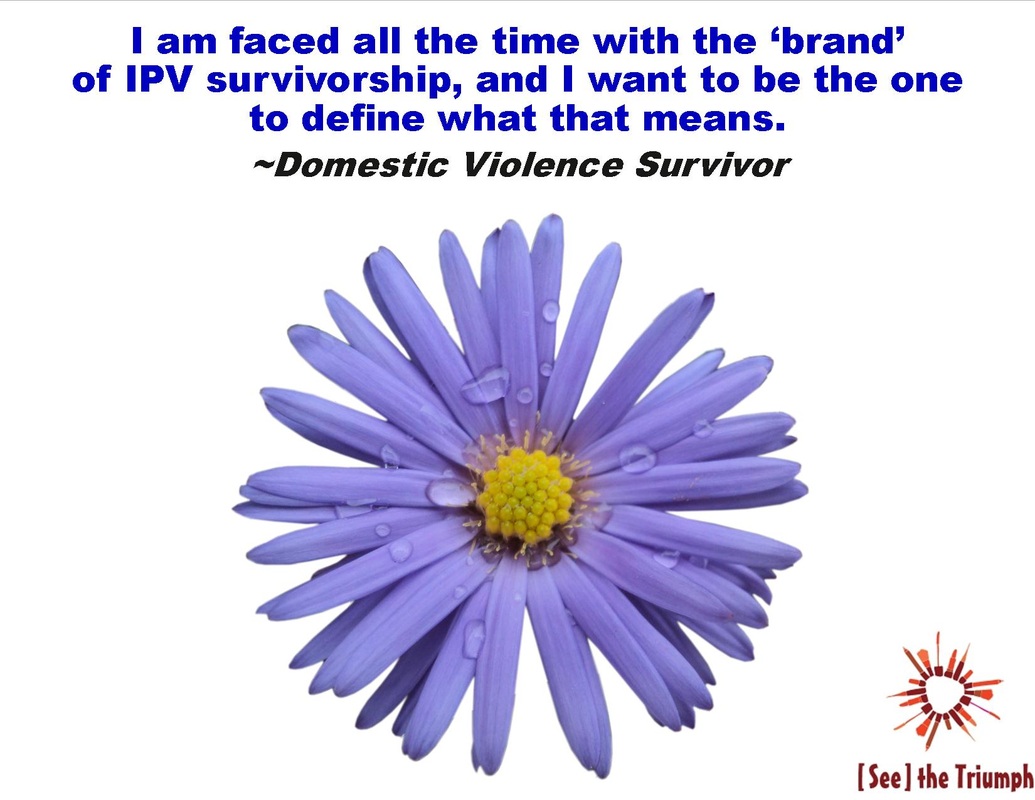
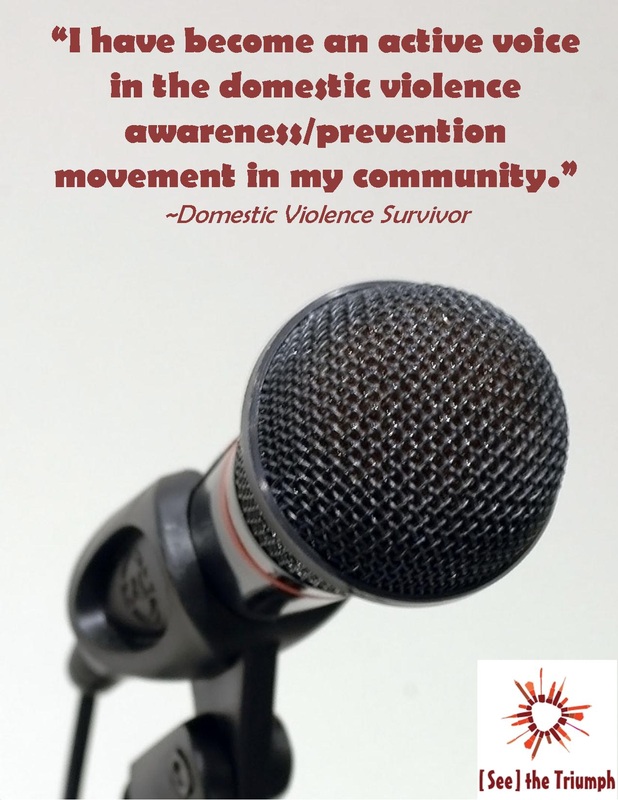

 RSS Feed
RSS Feed